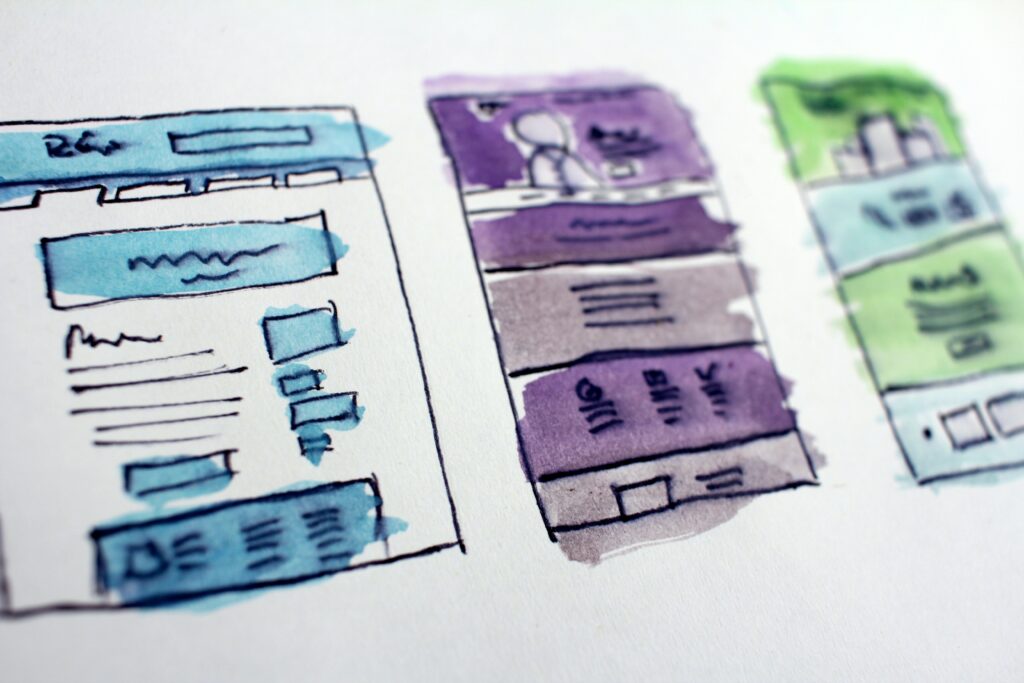Introducing the Integrated Public Services (IPS) Co-creation Conceptual Model
Today, governments from the local to the national levels are facing budget cuts while society’s trust in them is decreasing. Moreover, under these circumstances, the public sector needs to be able to provide services to citizens, organisations, and business (users) that match their needs and are accessible, user-friendly, and personalized. In the inGOV project, we […]
T oday, governments from the local to the national levels are facing budget cuts while society’s trust in them is decreasing. Moreover, under these circumstances, the public sector needs to be able to provide services to citizens, organisations, and business (users) that match their needs and are accessible, user-friendly, and personalized. In the inGOV project, we believe that these challenges can be addressed by enhancing the relevant work of European Union through adopting public service co-creation and by exploiting emerging technologies. These two are explained below.
In the inGOV project, we aim to enhance the 2017 European Interoperability Framework (EIF). EIF is considered a milestone document that guides public administrations in setting up interoperable digital public services. As a first step in Work Package 1, we have developed a conceptual model that conceptualises co-creation. We define co-creation as the voluntary and active involvement of end-users in any phase of the design, delivery, and evaluation of (integrated) public services (IPS).
The developed conceptual model is named IPS Co-creation Conceptual Model (IPS-Co). Nine elements compose IPS-Co: 1) Integrated Public Services, 2) Co-creation process, 3) Service Users, 4) Service Providers, 5) Privacy and Security, 6) Internal Information Sources and Services, 7) External Information Sources and Services, 8) Catalogues, and 9) Technology.
According to the 2017 EIF, IPS bring together the different governmental services to the end-users in a way that they can be accessed in a single and seamless experience that considers users wants and needs. In terms of co-creation, IPS-Co focuses on three stages of the public service cycle: co-design, co-delivery, and co-evaluation. Hence users are actively involved in the planning, design, and delivery of public services in partnership with the government. This interaction is a two-way process that implies a continuous exchange of ideas and feedback between service users and service providers. Service providers in IPS-Co shift from frontline civil servants and bureaucrats and embrace digitalization as well as the involvement of stakeholders and users to develop public services.
Building upon the EIF, IPS-Co considers that the co-creation process should preserve privacy and security while complying with the legal framework. Maintaining privacy and confidentiality is paramount, especially for public services that deal with highly sensitive data. Sources of data can be internal and external. Catalogues aim to empower citizens by increasing findability, transparency, and the reusability of (public) services, (government) data, software components and other assets. Finally, understanding the role of technology in inGOV we believe that several technologies can provide key benefits when considering co-creation and IPS. We are currently analysing technologies such as blockchain, mobile apps, chatbots (virtual assistants), and knowledge graphs with linked open data.
IPS-Co must be seen as a living model that can be refined along with the next stages of the inGOV project. This has been a first step where all the different partners have provided their expertise towards the creation of the IPS Holistic Framework (IPS-HF) which will be developed in the next work package.


